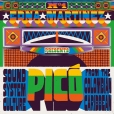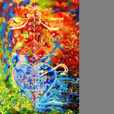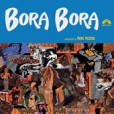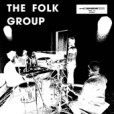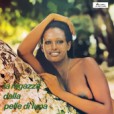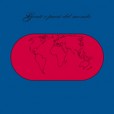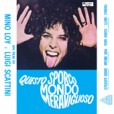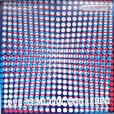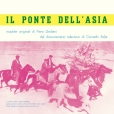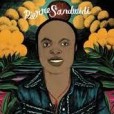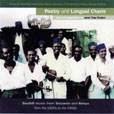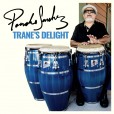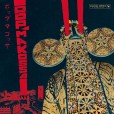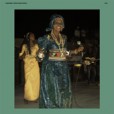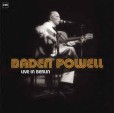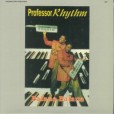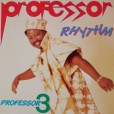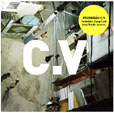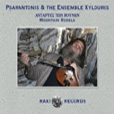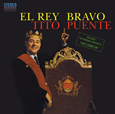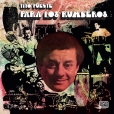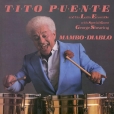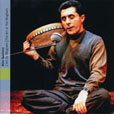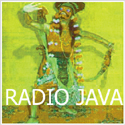Your basket is empty

A compilation inspired by the fabulous sound-system, record-collecting culture of the northern cities of Cartagena and Barranquilla, where ricocheting champeta, highlife, soukous, mbaqanga, zouk, soca, and cumbia blare through stacks of hand-painted speakers, in street-corner, neighbourhood bailes.
Vivid, unflinching film of two annual Haitian Vodou pilgrimages — for Ezili Danto, goddess of love, art and passion, and her old man Ogoun, god of war, iron, healing. Ecstatic, bloody, intensely musical.
Lovely, hypnotic, rocking peulh music from Dilly commune, Mali, near the border with Mauritania (and the same family grouping as the celebrated singer Inna Baba Coulibaly). Duelling ngonis, calabash, flute, dashes of electric guitar; newly recorded.
Mid-nineties kwaito by Thami Mdluli (veteran of chart-toppers Taboo and CJB, and in-demand producer of the likes of Sox and Sensations).
Tasty, infectious rhythms and synth-work — if the singing is a bit Black Box — with an up-for-it, DIY energy and self-identity encouraged by the momentum of the liberation struggle in this period. “Once Mandela was released from prison and people felt more free to express themselves and move around town, kwaito was becoming the thing,” says Thami.
Aka baile funk.
Tremendous, wild and highly charged music from Crete, completely compelling across a range of moods and styles, with brilliant lyra playing by the leader.
Classic big-band Puente from 1962, including the indomitable scorcher Oye Como Va.
Thrilling, stylish Afro-Cuban jazz — heavy on horns and percussion — featuring interpretations of Lush Life, Take Five, and Lullaby of Birdland (with composer George Shearing sitting in).
The greatest singer of his generation presenting the classical music of Azerbaijan, accompanied on the tar lute and the kamancha viol by the Mansurov brothers.
Dangdut, keroncong, jaipongan, rock, pop, disco, as well as theatre, commercials, DJs, news snippets, and other broadcast bits and pieces.
